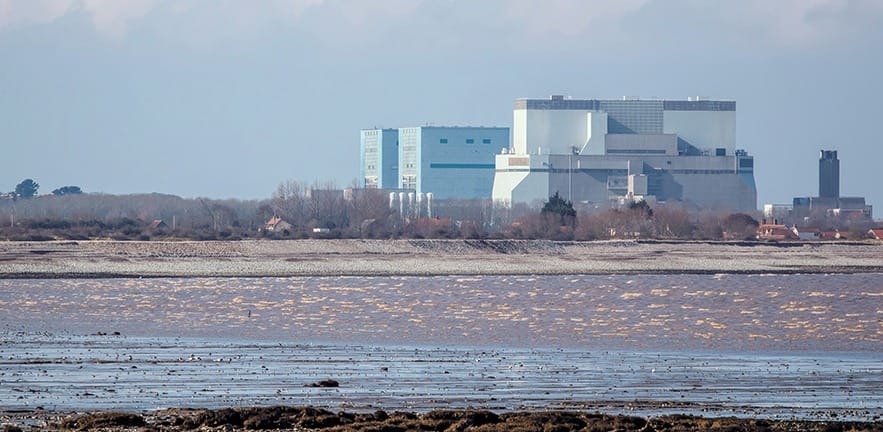Director of the Master of Finance Programme at Cambridge Judge comments on today’s decision by the UK government to proceed with Hinkley Point C nuclear project.


Dr Simon Taylor, Director of the Master of Finance programme at Cambridge Judge Business School, and author of the recently published book The Fall and Rise of Nuclear Power in Britain, comments on the government’s decision to pursue Hinkley Point C:
“The British government today agreed in principle that the Hinkley Point C new nuclear power projects could proceed. The key economic facts of the project appear unchanged. But the government has added restrictions on the future sale of lead investor EDF’s stake in the project. There will also be a government ‘golden share’ in future nuclear projects. Alongside a review of the security aspects of having foreign investments in the UK’s critical infrastructure, the main change compared with before the government’s review of the project is to give it control of who owns nuclear stations in future. There was already some limitation because the Office of Nuclear Regulation could always deny a licence to an owner/operator if lacked confidence. This has now been expanded to an overt political veto.
“There are very few plausible investors in a new nuclear power station and most of them are already trying to build projects in the UK, so the practical effect of this new rule seems limited, other than to keep out the Russians.
“The project remains highly questionable on the grounds of its cost. The construction risk is very high, given that none of the other reactors of the same type has yet been made fully operational. But that risk lies largely with EDF and its main shareholder, the French government and with the minority investor, CGN and its main shareholder, the Chinese government.
“The deal remains essentially a three-way government deal, dressed up as a private sector investment.”

